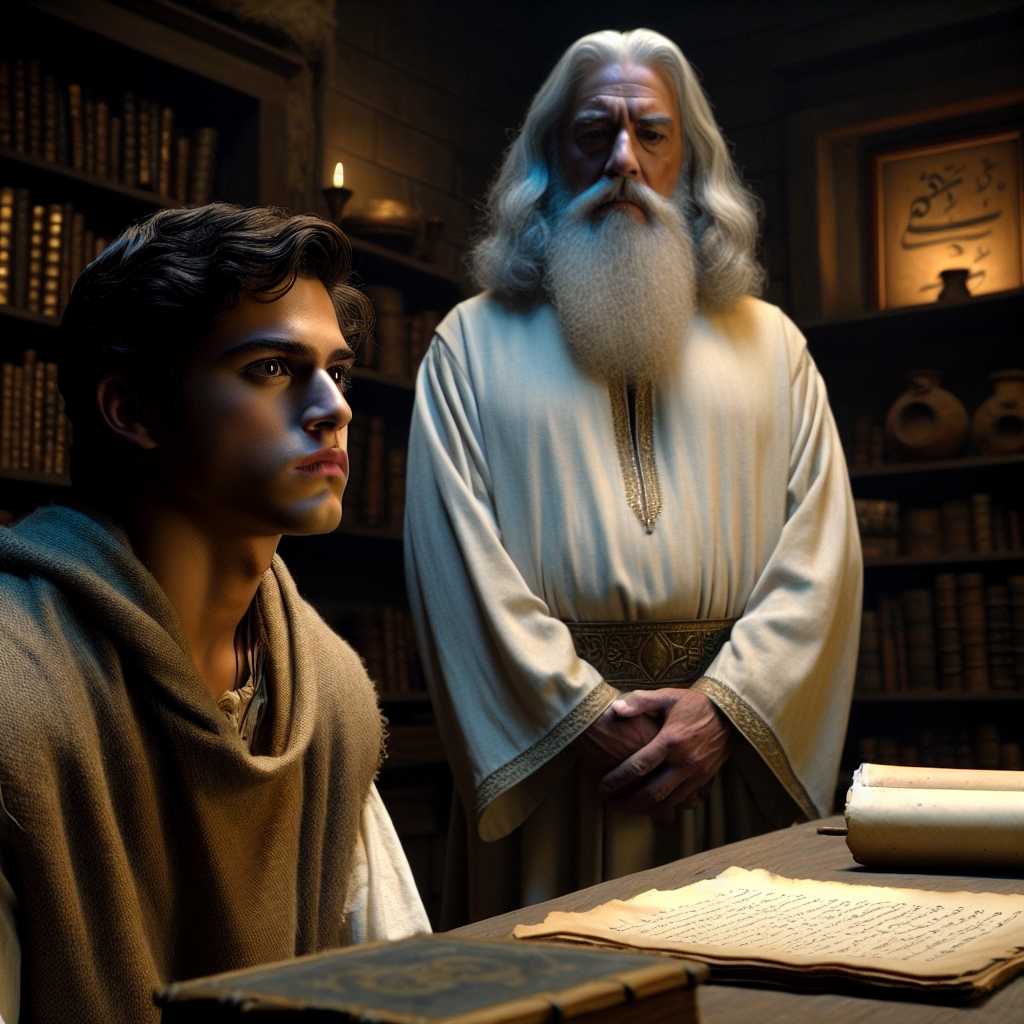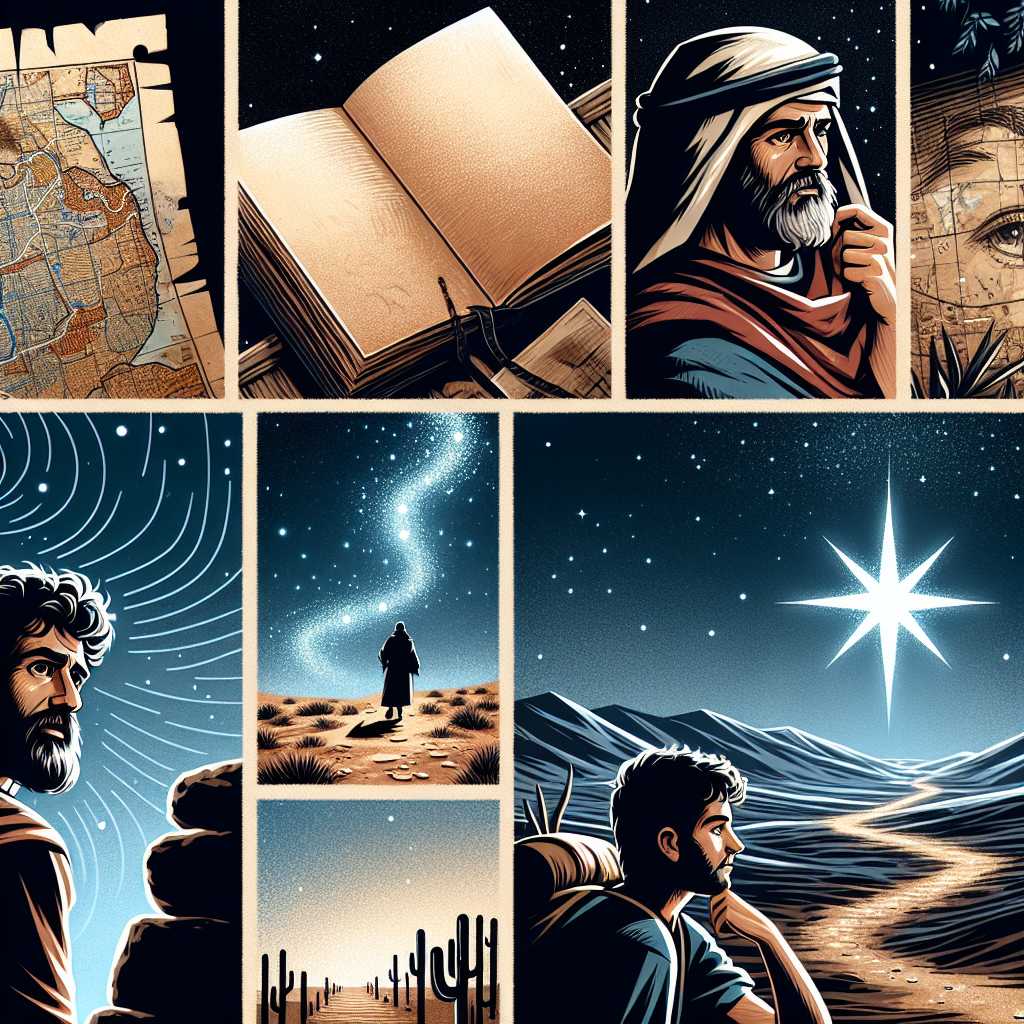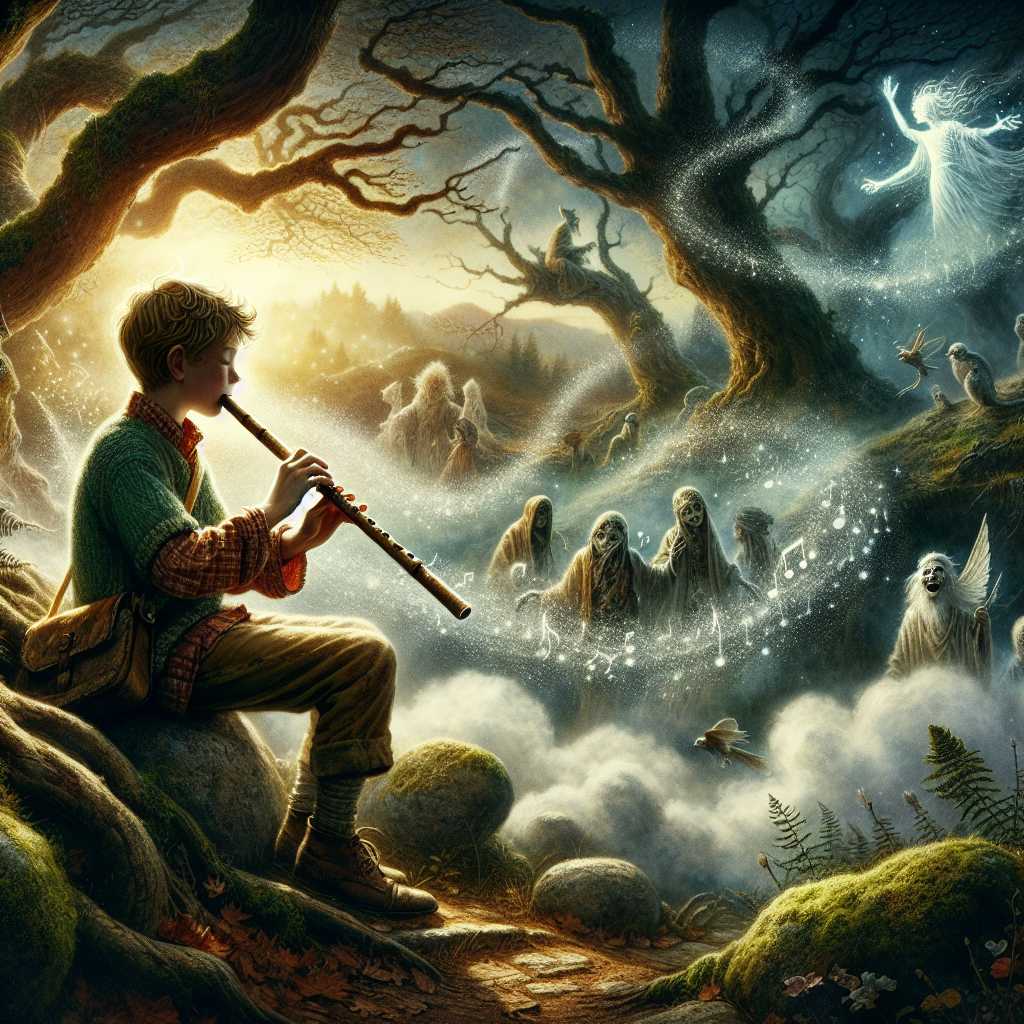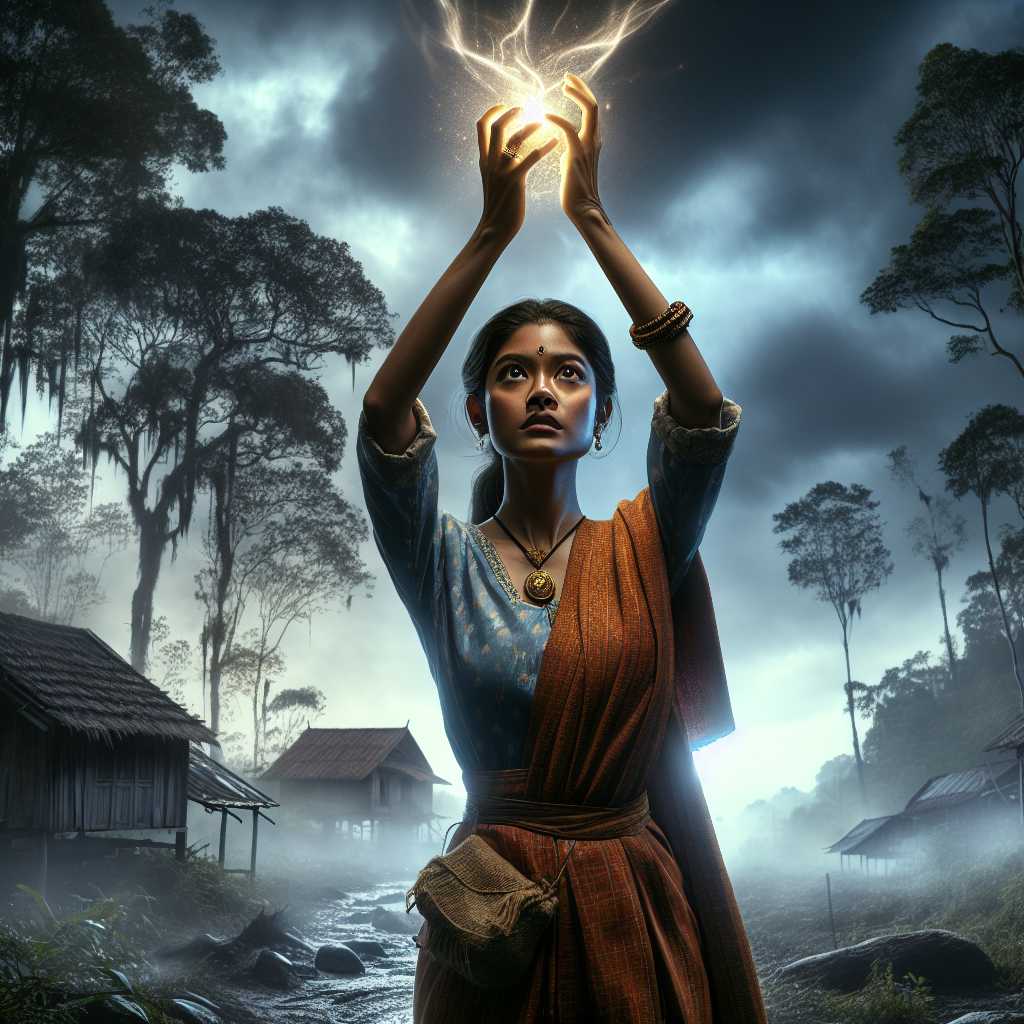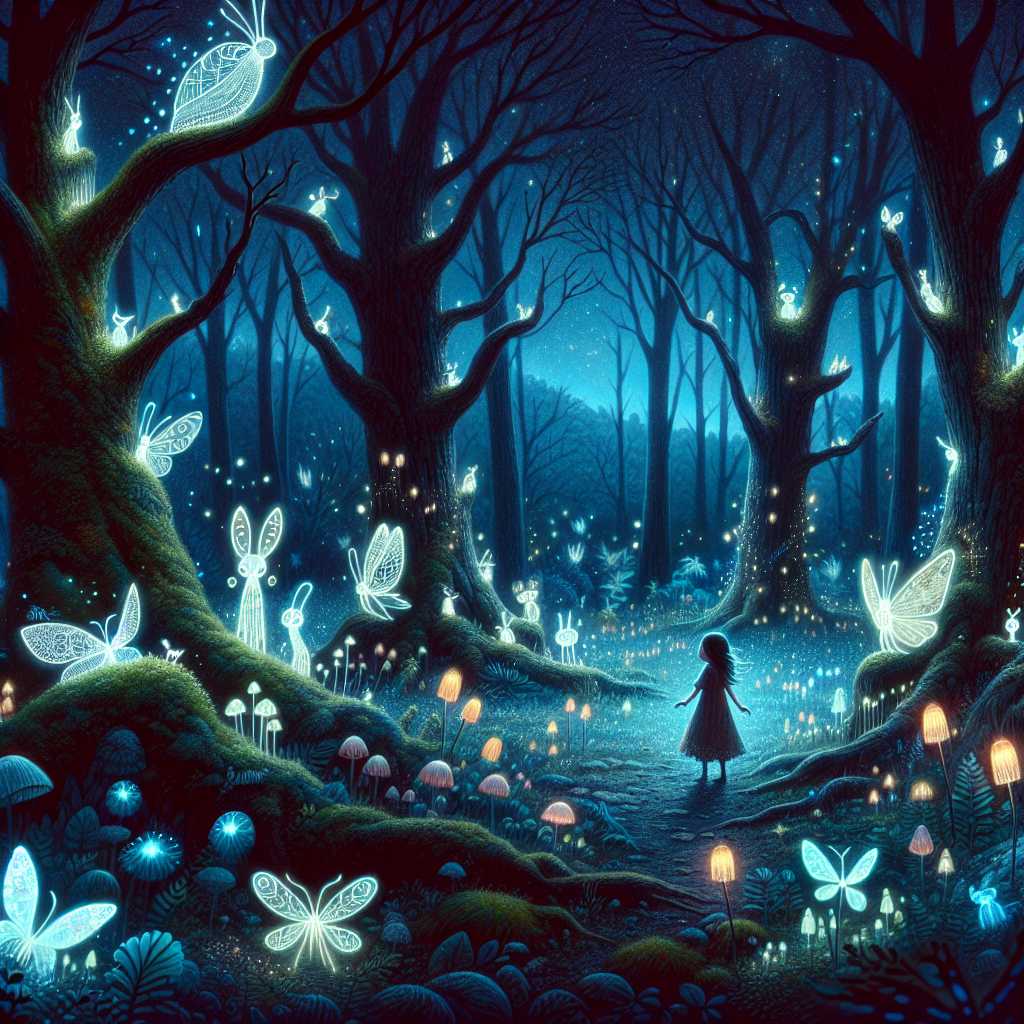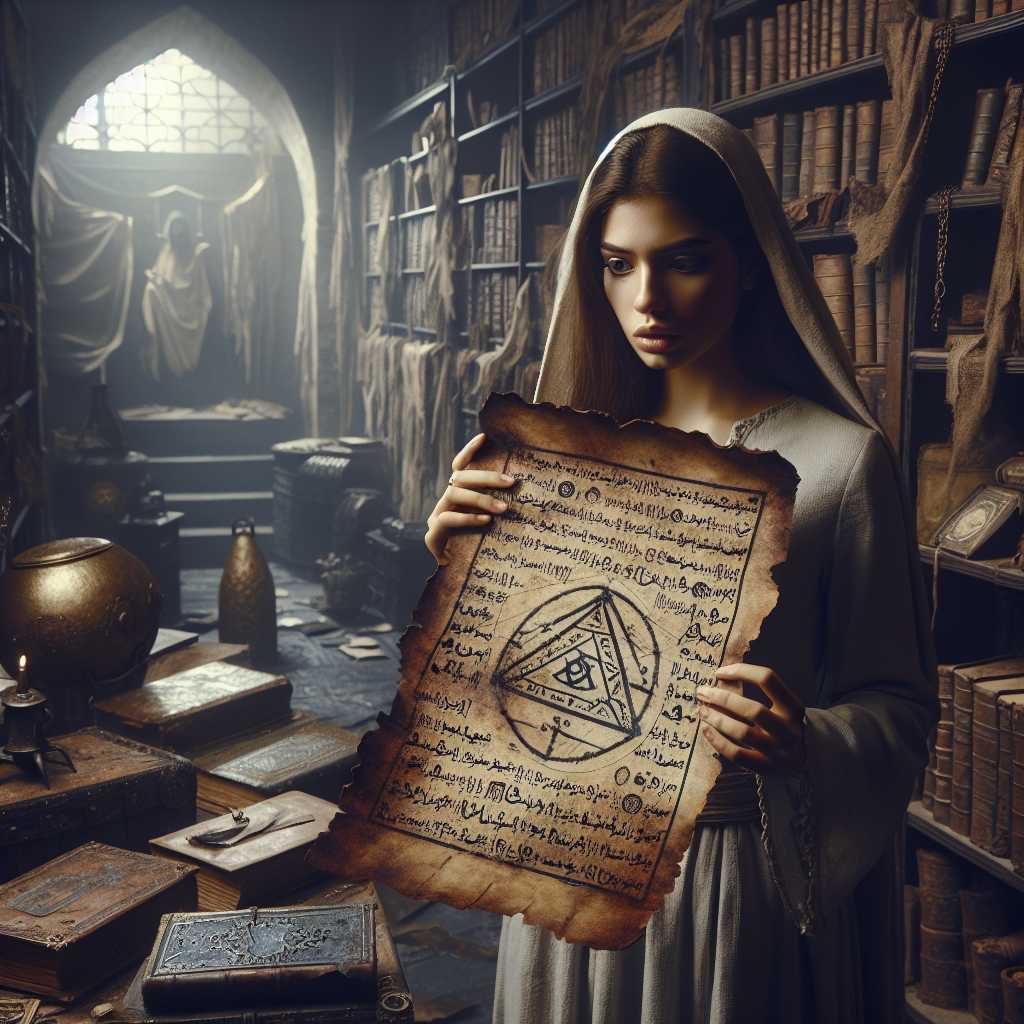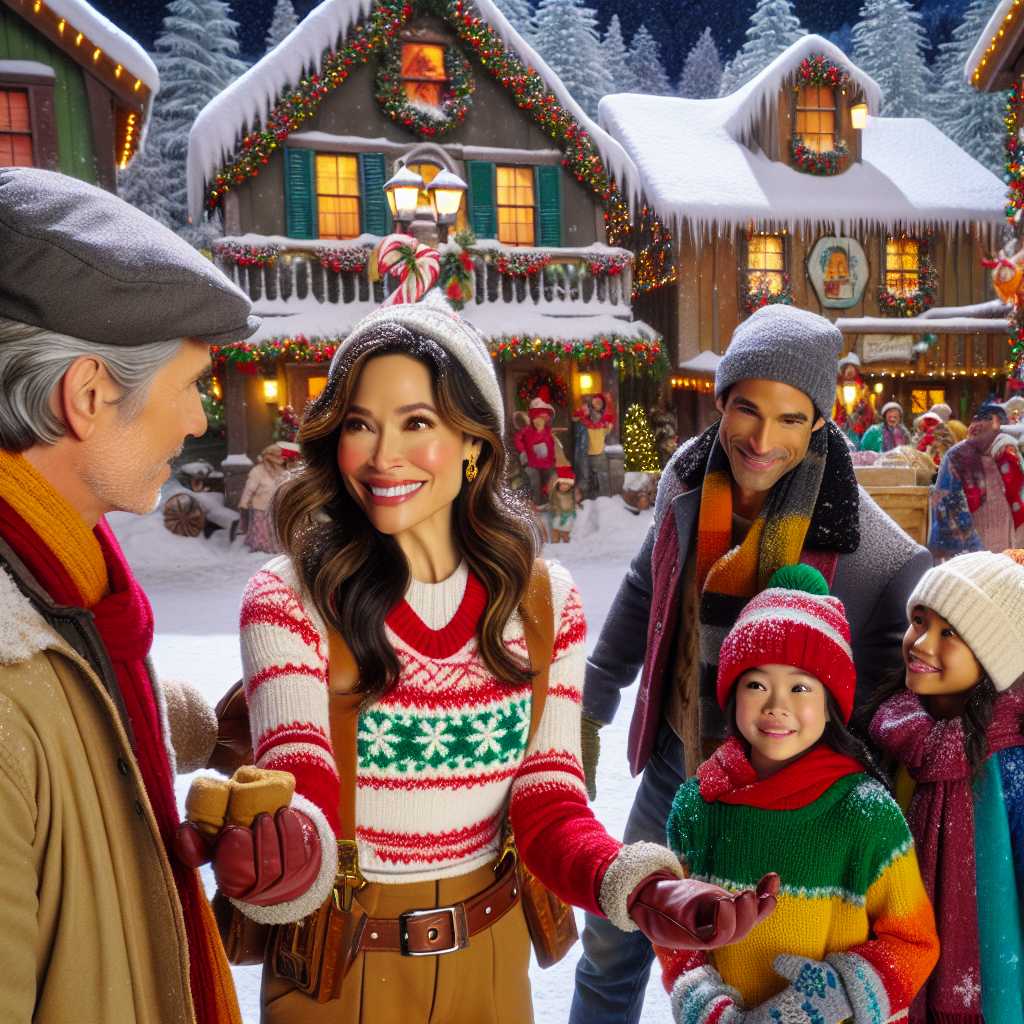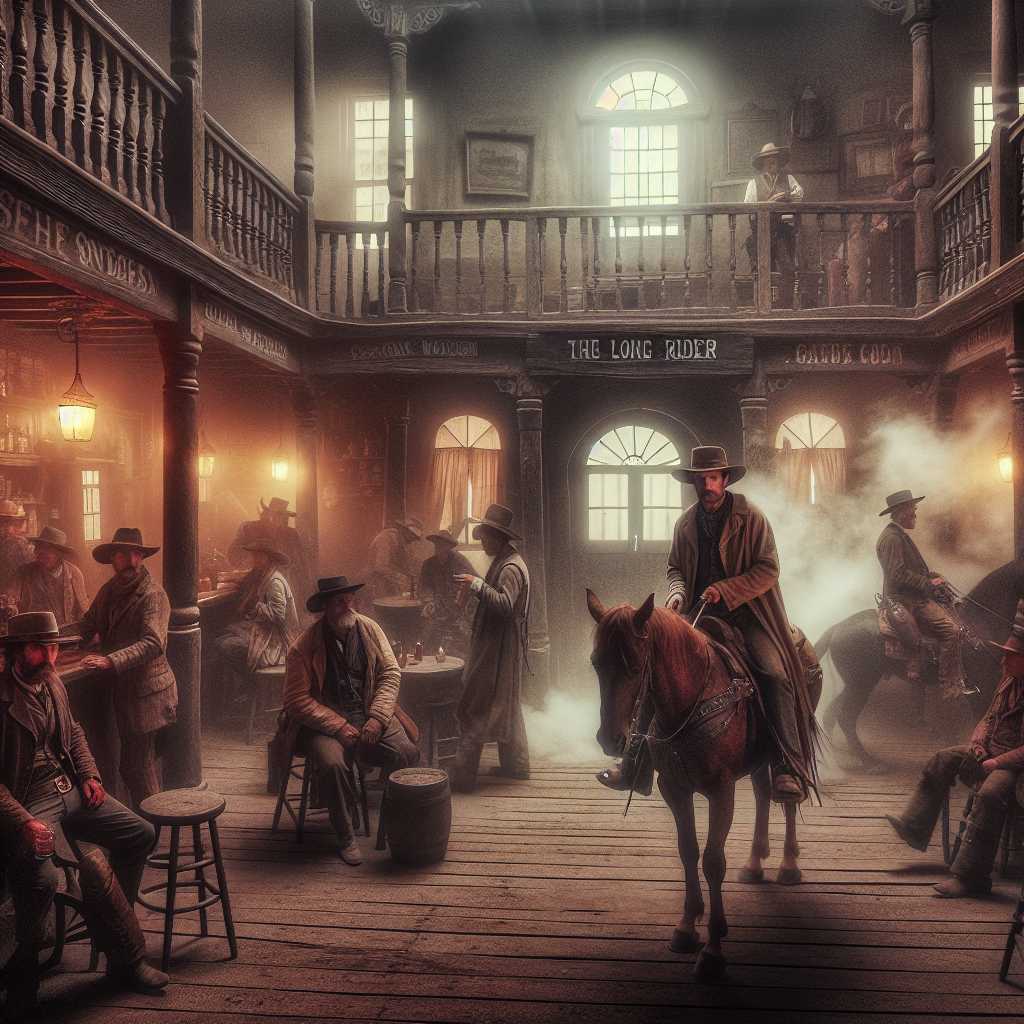
Now, gather 'round, folks, and let me take you back to a time when the land was untamed, and the distance between law and lawlessness was as thin as a rattlesnake's skin. Our tale begins in the dusty heart of an old Western town called Hollow Creek, where the sun hung high like a blistering reminder of nature's indifference.
Hollow Creek wasn't much to look at, just a mishmash of wooden buildings baked by the sun and a main street that had seen better days. It was a place where hope and despair danced a precarious waltz, and at the center of it all was a saloon with swinging doors that told tales of the men who passed through them.
One hot afternoon, as the dust devils played tag on the outskirts of town, a lone rider approached Hollow Creek. He was a silent figure atop a buckskin mare, his hat low over his eyes, obscuring the stories they could tell. This stranger was known to folks merely as Red for the color of the clay that stained his coat and the fiery sunset that seemed to follow him wherever he roamed.
Red tied his mare outside the saloon, and with a creak of leather, he stepped inside. The piano fell silent, poker chips paused in mid-tumble, and all eyes turned to gaze upon the man who carried the quiet of the desert with him. His gaze was steady, his mustache curled with the faintest hint of disdain for the intrusion of attention.
"Whiskey," Red ordered in a voice that was as dry as the land he traversed. A glass slid across the bar toward him, catching the late afternoon light and igniting like liquid gold.
On that particular day, the saloon played host to one Ezekiel "Zeke" Grady, a loud-mouthed gambler with a penchant for trouble as deep as the mines he claimed to own. Zeke watched Red with a predator's interest, noting the way men seemed to give him room and the hushed whispers that followed his steps.
Red took a seat at a table in the corner, the creak of the wooden chair lost in the resurgence of banter and the piano's resolute tune. His eyes never rested, though, always moving, always watching, as if expecting trouble to waltz through the door like a scorned lover.
It wasn't long before trouble found its way in, but not from the outside. Instead, it brewed from within. It started, as trouble often does, with a spilled drink and an overzealous shove, a tangle of anger, and wounded pride.
Zeke, half-drunk and all mean, found himself in the thick of it, his finger jabbing the chest of a young ranch hand who'd accidentally bumped his table. The room tightened, the air charged with the electricity of impending chaos.
"You gonna pay for that drink and my lost hand, whelp!" Zeke bellowed, his hand inching toward the ivory handle of his revolver.
The young ranch hand, wide-eyed and not a day over twenty, sized up the situation. "Mister, I didn't mean no harm," he stammered, backing up a step. Everyone could smell the fear pouring off him like sweat.
That's when Red stood, the legs of his chair scraping a harsh announcement. His movement was an unspoken challenge, a declaration in the law of the West where right and wrong weren't always kin.
He spoke, and his voice cut through the tension like a knife through buttered cornbread. "The boy's apologizing, Zeke. Let it lie."
Zeke sneered, his lip curling as he sized up Red. "And who are you, the boy's daddy? Or just another stray dog thinking he can bark at the big dogs?"
The question hung heavy in the air, and even the piano held its breath. Red's eyes narrowed slightly, betraying nothing but a pindrop of danger.
"I'm nobody's daddy, and I ain't a dog," Red said steadily. "But I do know when to put a rabid animal down."
Eyes locked, hands hovered near holstered guns, and hearts beat like drums in the onlookers' chests. This was the moment, the pivot on which fates would turn and legends were etched in bullet and bone.
But just as the dance of death seemed destined to begin, the doors to the saloon swung open, and sunlight flooded in, casting an angelic halo around a silhouetted figure.
It was the marshal of Hollow Creek, his badge a star of order in a chaos-cursed land. "Enough, Zeke! And you, mister. Put down the disagreement unless you're aimin' to paint this here establishment with your insides." His voice boomed like thunder, a stark reminder that the law still breathed in Hollow Creek.
Zeke's arrogance withered under the marshal's gaze, but it was Red's response that drew the crowd's curiosity. He tipped his hat to the marshal, a move of respect and understanding, and sat back down. "No need for painting today," he murmured.
The tension broke like a fever, and normalcy – whatever that looked like in Hollow Creek – returned. Zeke, with the backbone of a jellyfish outside the glare of his opponent’s gun, slunk back to his game, and the piano player found his courage to resume his tune.
Red sipped his whiskey, his presence alone a bastion against the chaos that had threatened to erupt. And as the night crawled in, the folks of Hollow Creek whispered of the man who spoke little but said much. His legend grew not from the gunfights he'd won but from the bloodshed he'd prevented and the quiet dignity he exuded, like a calm beneath the storm.
And thus goes the tale of Red, a man who walked the razor's edge between lawlessness and justice, a lone rider whose story was as vast as the desert and as enduring as the mountains that rose like silent sentries in the distance. So remember, in a land of endless horizons and shallow graves, sometimes the mightiest weapon is the one never drawn from its holster.



